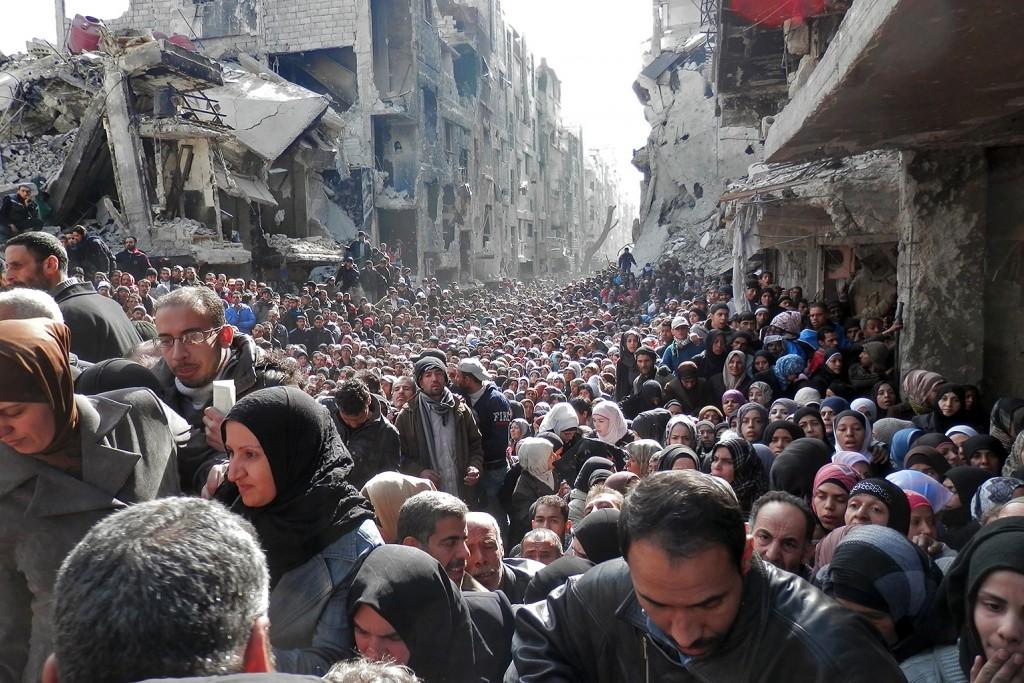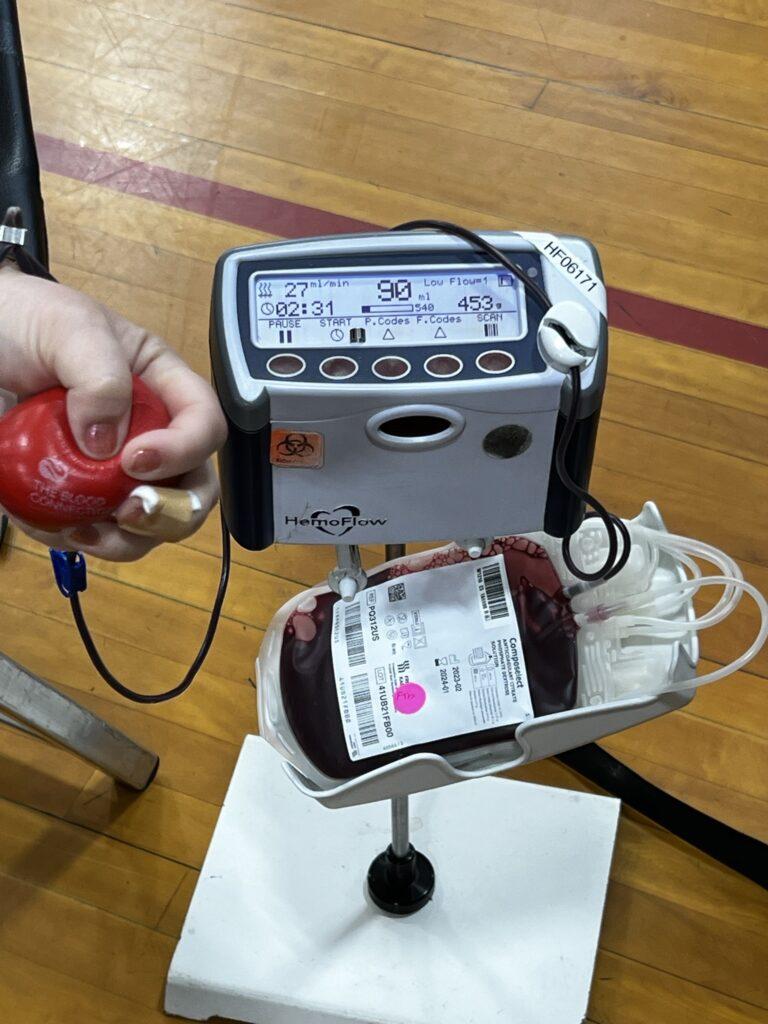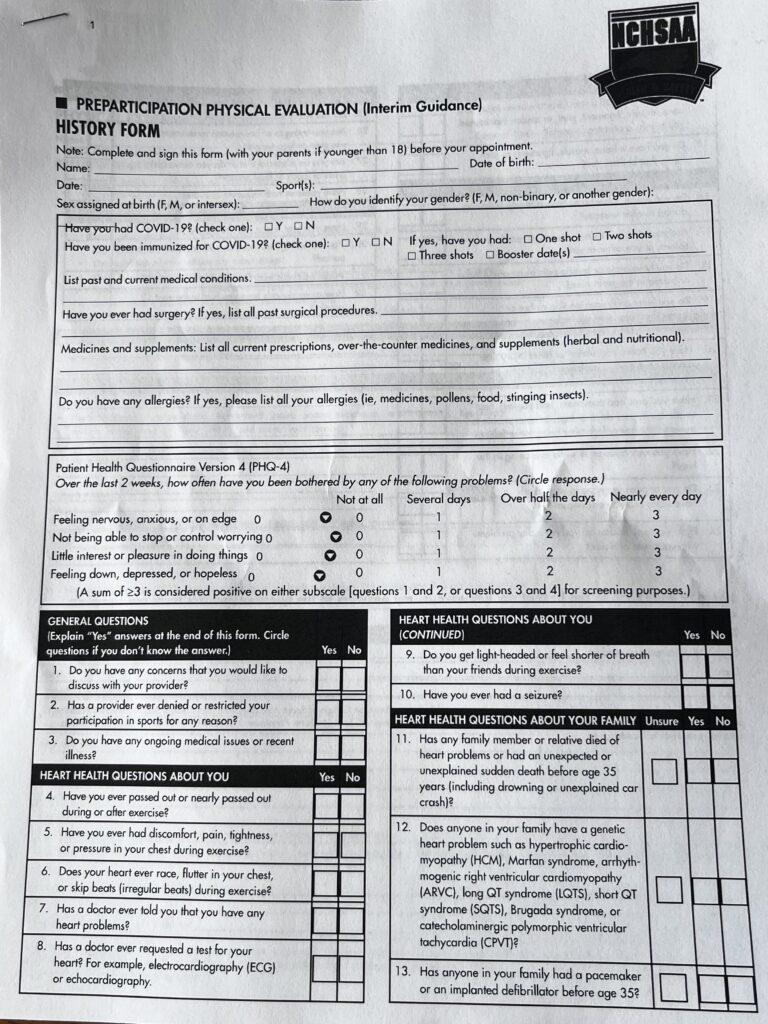In September, a child’s body was found washed up on a Turkish beach. His name was Aylan Kurdi, and he was only 3 years old. Aylan, along with his brother and parents, were fleeing their home country Syria when their boat capsized and plunged them all into the rough waters.
The entire family, except for Aylan’s father, drowned.
Aylan was just one of many lives that have been lost in the conflict and resulting exodus from war-torn Syria. His story opened the Western world’s eyes to the severity of Syria’s civil war and its effect on innocent lives.
More than 200,000 Syrians have been killed since the conflict began and 11 million have been forced out of their homes, according to news reports. What started as anti-government protests in 2011 has erupted into a full-scale civil war involving government forces, rebel forces and ISIS terrorists.
An investigation conducted by the United Nations has revealed that all sides of the conflict have committed war crimes. Human rights violations, including murder, rape, torture and enforced disappearances, have been commited by both the government and rebel forces.
Forces have blocked civilians from accessing essential resources, such as food, water and health care. The majority of refugees have fled to neighboring countries, but thousands are now headed for Europe. The journey to Europe requires the refugees to cross the Mediterranean Sea, resulting in the deaths of approximately 5,000 people.
The recent awareness of their hardships in the news has pressured more and more countries into putting forth effort to help the refugees.
According to Secretary of State John Kerry, the United States will admit up to 100,000 refugees worldwide by 2017. The United States is also providing $4 billion in financial aid to relief agencies, making it the largest financial donor in this crisis to date.
This money helps provide health care, food, water and basic necessities to the people suffering in Syria and the refugees. An estimated 6.6 million Syrians are helped every month by the United States government. Still, many people believe that the United States is not doing as much as it could to help the suffering.
Others argue the opposite — that the United States is not capable of supporting them. History teacher Vanessa Price believes the United States is economically capable of supporting the refugees but that many citizens may not be supportive.
“I think the people of the United States, the citizens, will have a hard time with it,” she said. “We’ll see a lot played out in the media of people not liking the refugees and then the government trying to handle that.”
Critics have accused America of doing little to help with this crisis. The influx of refugees in America is unlikely to relieve much of the pressure on European nations, especially Germany. Some Americans believe that instead of admitting the refugees, the United States should put more money toward relief.
“If we give money, it would be giving money to another country to have them take in the refugees and I don’t know how well that would be backed by the population of America,” Price said. “Every country is going to try to do the best that they can right now and hopefully they can work together well in the UN to come up with an overall plan. But I don’t know that it is necessarily America’s place to take the lead.
Despite President Obama’s emphasization that background checks would be intense, many Republicans are wary that a number of the refugees may be terrorists. Obama plans to avoid this by having migrants apply through the United Nations, which already is heavily present in refugee camps. A few of the 2016 GOP Presidential Candidates have offered their opinions on accepting refugees. Jeb Bush proposed that the United States should take “every Christian Iraqi and every Christian Syrian” in order to avoid Islamic extremists. Ted Cruz and Bobby Jindal opposed letting the Syrian refugees in entirely, stating that allowing an influx of refugees “short-circuits” the normal refugee process. Donald Trump, well known for his views that the United States should stay concerned with its own affairs, stated that he would consider allowing refugees given their deplorable situation but that he believes Europe is doing a fine job on its own handling the crisis.
“People are going to be scared of letting in possible terrorists,” Price said. “Some people will be misinformed and some people will just not want to let Middle Eastern people in or immigrants at all. I think that there is always a possible security threat but in the grand scheme of things, our government has security processes that we don’t know about. It has eyes and ears on people far before they enter the United States, so I believe that the background checks will be sufficient.”
On the other side of the issue, Republican Lindsey Graham does not believe that the United States is honoring the values that make the country special. Though he did not give a specific number, the senator stated that it is America’s moral obligation to increase the numbers of refugees admitted or else “take down the Statue of Liberty.”
By Katie Farina













